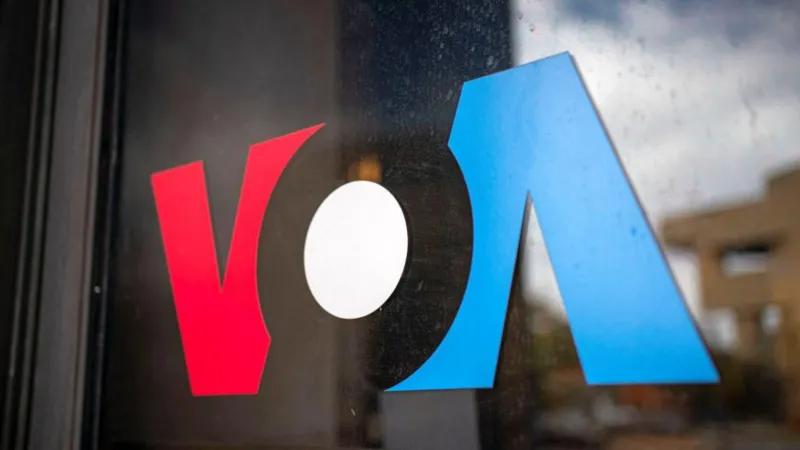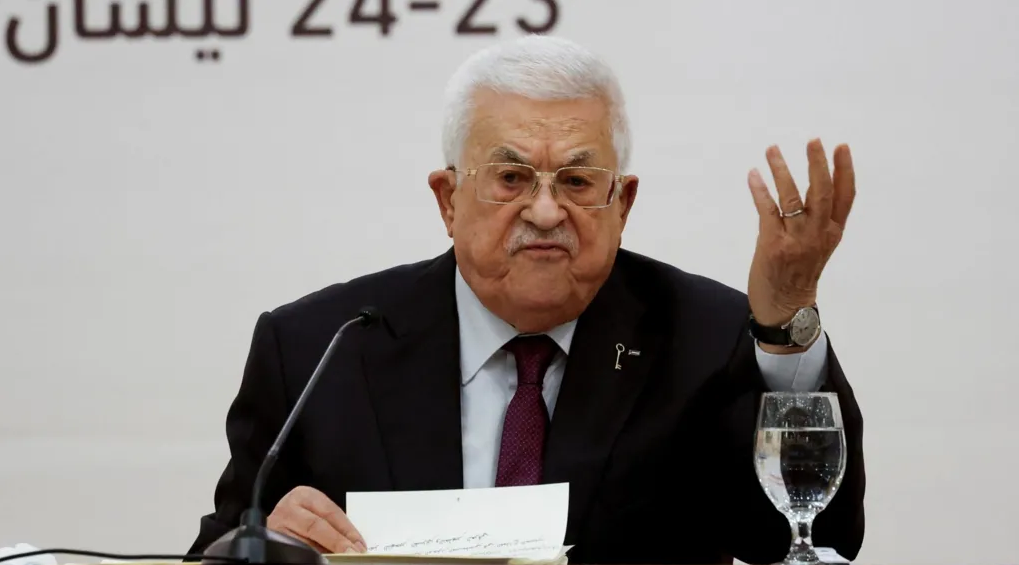Namibia IS AT a crossroads: The choices made today will determine the nation’s economic future for generations to come.
If Namibia opens its doors to free trade without caution, will it build an empire of prosperity or a ticking time bomb of inequality?
Namibia is a party to agreements such as the African Continental Free Trade Agreement (AfCFTA) and Economic Partnership Agreements (EPAs) which present both immense opportunities and formidable challenges.
They promise prosperity, industrialisation and deeper regional integration but at what cost?
Will economic growth come at the expense of social justice or can Namibia carve out a path where both flourish harmoniously?
The world is racing toward economic integration but in the pursuit of prosperity, nations often face a sobering reality where growth does not always translate into equity.
THE STAKES ARE HIGH
For Namibia, the stakes could not be higher.
Will our engagement in global trade lead to shared wealth and opportunity or will it deepen the divides of economic inequality?
The answer lies in how Namibia navigates the complex interplay between open markets and inclusive development.
Trade agreements unlock new frontiers. AfCFTA, the largest free trade area in the world, offers Namibia an open highway to continental markets, paving the way for accelerated export growth, industrial development and increased foreign investment.
The nation’s industries can leverage reduced trade barriers to become powerhouses of production, transforming Namibia into a key player in Africa’s economic renaissance.
On the other hand, EPAs provide a golden ticket to European markets where Namibian goods can flow more freely, spurring economic diversification.
These agreements catalyse infrastructure expansion, fuel technological advancement and cultivate a skilled workforce.
The vision of a Namibia that is economically vibrant, globally competitive and regionally dominant is dazzling.
But beneath this shimmering promise lurks a crucial question: Who truly benefits from this economic boom?
PROSPERITY IS NOT A PRIVILEGE
Economic growth that enriches the few while sidelining the masses is not progress, it is a mirage.
Namibia grapples with deep-rooted inequality where wealth remains concentrated, unemployment soars and informal traders struggle against the tide of globalisation.
If trade agreements disproportionately favour multinational giants, small-scale farmers, small and medium enterprises (SMEs) and local artisans risk being drowned in a sea of foreign dominance.
A nation cannot thrive when prosperity is a privilege. This is where Namibia must draw the line.
Trade liberalisation cannot mean the erosion of local industries, nor should it translate to low wages and worker exploitation.
The balance between economic dynamism and social justice is not merely a policy choice, it is a moral imperative.
There is an inherent tension between pursuing free trade agreements and ensuring that they lead to equitable economic development for all Namibians.
On one hand, free trade fosters economic growth by increasing market access, lowering tariffs and attracting foreign investment.
On the other hand, without proper safeguards these agreements can lead to economic disparities, benefiting large corporations while leaving behind small businesses, rural communities and vulnerable populations.
VISION 2030
Namibia’s Vision 2030 provides a critical framework for resolving this tension.
It prioritises sustainable economic development, industrialisation and poverty eradication while emphasising inclusivity and environmental responsibility.
To align trade agreements with Vision 2030, Namibia must adopt a strategic approach that ensures trade policies promote job creation, technological advancement and economic self-sufficiency.
Strengthening the manufacturing sector, investing in skills development and promoting entrepreneurship will enhance Namibia’s ability to compete globally without sacrificing local economic resilience.
Policies must safeguard Namibian businesses from being swallowed by corporate giants.
Prioritising value-added industries in mining, agriculture and manufacturing will generate sustainable employment and reduce economic vulnerability.
Trade deals must be structured to uplift smallholder farmers, informal traders, and SMEs.
Financial support, capacity-building, and access to credit will equip them to compete in the global market.
Strengthening labour laws, enforcing fair wages and improving working conditions must be non-negotiable.
While trade liberalisation fosters competition, Namibia must judiciously apply protective tariffs where needed to prevent industry collapse and job losses.
THE FUTURE WE WANT
Economic development must not come at the cost of environmental degradation. Namibia’s trade policies should align with its Vision 2030 and the United Nations Sustainable Development Goals, ensuring long-term resilience and ecological balance.
The choices Namibia makes today will echo through history. This is not just about trade agreements, it is about the soul of a nation.
Namibia has the power to craft a future where growth is not measured solely in gross domestic product but in the upliftment of every citizen.
The path ahead is challenging but one thing is clear: If Namibia gets this right, it won’t just be participating in global trade, it will be shaping the future of Africa’s economic justice.
- Leonard Nakawa is an independent researcher and political analyst with a strong interest in governance, international relations and public policy.
Stay informed with The Namibian – your source for credible journalism. Get in-depth reporting and opinions for
only N$85 a month. Invest in journalism, invest in democracy –
Subscribe Now!










